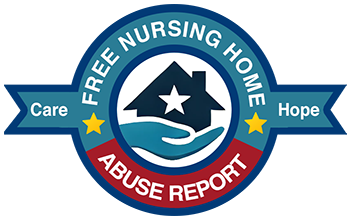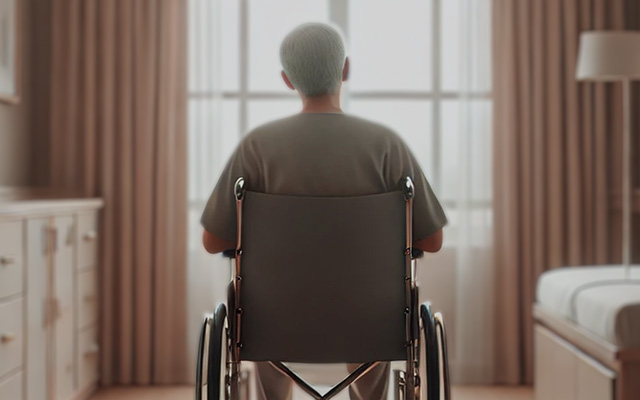State inspectors in Iowa uncovered several errors in administering medication at a Cedar Rapids nursing home that caused residents there to be hospitalized, according to the Iowa Capital Dispatch.
The facility, Heritage Specialty Care, was fined $13,000 for the mistakes that occurred over a period of about three weeks during May and June. The facility is part of a chain of nursing homes operated by Care Initiatives of West Des Moines.
In the first incident, on May 23, a resident was mistakenly administered 12 medications that were supposed to be given to another patient. The resident who received the medications in error became lethargic and confused, and their oxygen saturation levels dropped. The resident was transported to the hospital and spent four days there. The person was admitted to intensive care, and was treated for medication-type poisoning.
The nurse who gave the resident the medications reportedly told inspectors she was the only nurse on duty at the time and had to give medications to 13 residents that day. She said there was one nursing assistant to help her, and that a number of residents were waiting in need of assistance.
The next incident, involving a female resident of the facility, took place on June 4. It was alleged that the nursing home failed to properly assess the woman and intervene after she was given insulin without eating her meal. She became unresponsive and was sent to the hospital with a blood glucose level of 25. Levels below 54 are considered dangerous and require immediate intervention. When state inspectors were investigating in early July and trying to observe the resident, they reported they were unable to do so because she remained hospitalized.
The inspectors said that when they asked Heritage’s director of nursing “what he felt the cause of the error was, he reported he did not think there was an error.”
The state said that the hospital involved in the incident reported Heritage Specialty Care for alleged abuse related to neglect that resulted in a hypoglycemic resident.
The third incident happened on June 10, when a resident of the nursing home was incorrectly given 12 or 13 units of insulin by an employee instead of the expected 17 units. Inspectors alleged that the resident became unresponsive with a blood glucose level of 25 and was sent to a hospital for treatment, inspectors alleged.
A company representative of Care Initiatives of West Des Moines contacted by the Iowa Capital Dispatch said that she not able to comment at that time on the state’s findings.
How We Can Help If You Suspect Nursing Home Abuse or Neglect
At Free Nursing Home Abuse Reports, we’re not just about providing information – we’re here to take action and support you every step of the way. If you suspect abuse or neglect based on our reports or your personal observations, we can help you navigate the complex process of addressing these serious concerns.
Here’s how we can assist:
-Reporting to Authorities: We’ll guide you through filing a report with the appropriate agencies. This may include your state’s Adult Protective Services, the local long-term care ombudsman, and the state health department. We’ll ensure your report is comprehensive and reaches the right people.
-Legal Support: Our network includes experienced elder abuse attorneys who specialize in nursing home cases. We can connect you with a qualified lawyer who can help:
Investigate the abuse or neglect
Gather evidence and build a strong case
Navigate the legal process
Seek compensation for injuries, trauma, or wrongful death
Push for systemic changes to prevent future abuse
Ongoing Support: Our team will stay with you throughout the process, providing resources, answering questions, and offering emotional support during this challenging time.
-Advocacy: We can help you advocate for your loved one’s rights and for improved care within the facility.
By filling out our simple online form, you can request a free, confidential consultation with our experienced team. We will listen to your concerns, provide guidance on documenting and reporting the abuse, and connect you with local resources and legal support.

